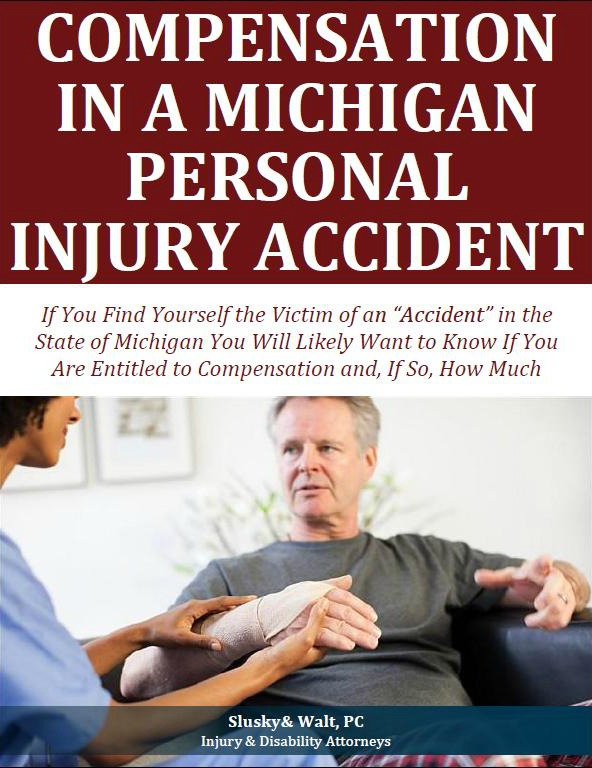Do you have a disability that has not allowed you to return back to work? If so, our social security lawyers at Slusky & Walt are here to assist you. With our assistance, we are sure we can help you to receive SSDI, if you meet all of the requirements. If you don’t know already, be aware of what social security disability insurance is. You can find online that almost every website defines it as the same thing, “providing assistance to those with disabilities.” Does SSDI sound like something you should be fighting for?
Don’t be discouraged if your application for SSDI is denied, it is why you’re here in the first place! Many applications are denied on a daily basis. If you need help appealing your request for SSDI, trust our social security attorney here at Slusky & Walt. We can help you prove that you are worthy of SSDI in the Southfield or Flint, MI areas. Be sure that you know you must qualify for SSDI. Here are some of those qualifications you must reach:
- You cannot work
- Because of medical conditions, you therefore cannot find work that suits you
- Has your condition or disability lasted for longer than a year in length or even resulted in death?
Have the above three qualifications been met? We invite you to visit us online now and get the help you need to receive SSDI once and for all. Our lawyers and attorneys are here for you and can answer all of your unanswered questions! Learn more when you visit us online today.






